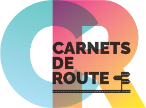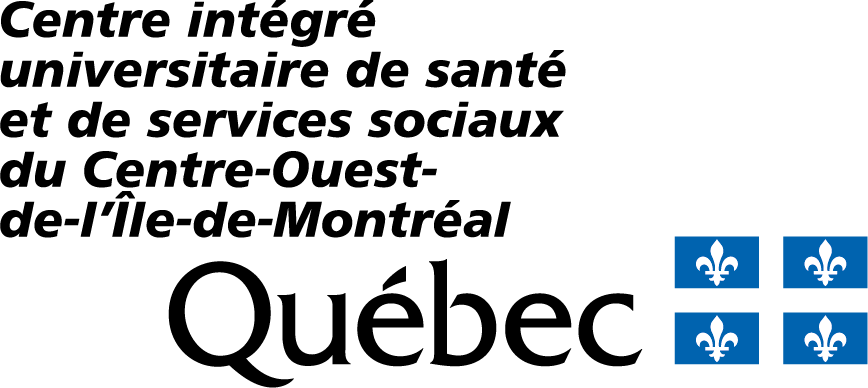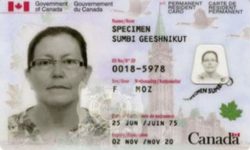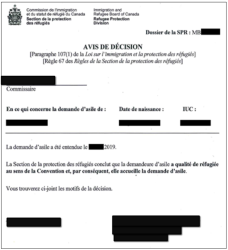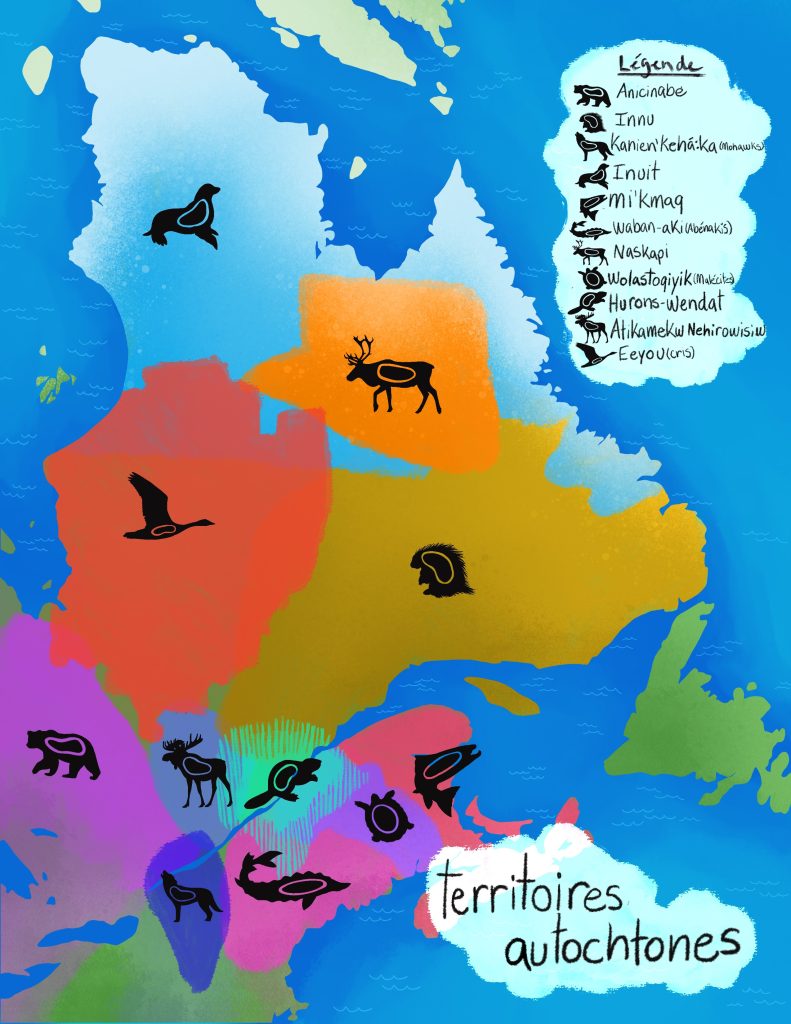We would like to thank the members of the advisory committees who helped with the different stages of this project (in alphabetical order):
ADVISORY COMMITTEE OF REFUGEES AND REFUGEE CLAIMANTS
Ana B., M. C., Akim Kisose, Mariam Manai, Viviane Nakoyame Tekougo and B.C. Sagna.
ADVISORY COMMITTEE OF PROFESSIONALS AND RESEARCHERS
Naïma Bentayeb (SHERPA University Institute), Janet Cleveland (SHERPA University Institute), Audrey Dugas (Montréal refugee health team); Javi Fuentes Bernal (Université de Montréal), Carol-Anne Guay (Centre multiethnique de Québec), Maryam Kabalan (Centre social d’aide aux immigrants), Jubilee Larraguibel (Maison de la famille des Maskoutains), Edward Ou Jin Lee (Université de Montréal); Gabrielle Lefrançois (PRAIDAProgramme régional d’accueil et d’intégration des demandeurs d’asile (English: Regional Program for the Settlement and Integration of Refugee Claimants)
), Julien Munganga (Accueil et Intégration Bas-Saint-Laurent), Amélie Pathammavong (Montréal refugee health team), Andy Pelletier-Laliberté (Québec refugee health team), Maryse Poisson (Welcome Collective), Pauline Ronsmans (Service d’aide aux Néo-Canadiens) and Paula Torres Caceres (Centre multiethnique de Québec).
We would like to sincerely thank the following individuals for their advice and revisions: Alexis Jobin-Théberge, Partnership Advisor at the PRAIDAProgramme régional d’accueil et d’intégration des demandeurs d’asile (English: Regional Program for the Settlement and Integration of Refugee Claimants)
; Janet Cleveland, Researcher, Rights and Health of Refugee Claimants, Refugees and Migrants Without Legal Status, SHERPA University Institute; the team of lawyers at the Clinique pour la justice migrante; Paula Torres-Caceres, Project Manager at the Centre multiethnique de Québec; Sylvain Thibault, Immigration Project Manager at CRÉDIL; Maryse Poisson, Director of Social Initiatives, and Mariangel Betancourt-Diaz, Community Counsellor at Welcome Collective; and Isabelle Haché from the Barreau de Montréal. The Clinique pour la justice migrante contributed to the project with financial support from the Chambre des notaires du Québec.
We would like to thank the staff from the following ministries who revised the content of certain sections at various stages: the MIFIMinistère de l’Immigration, de la Francisation et de l’Intégration (du Québec)
, MSSSMinistère de la Santé et des Services sociaux
, RAMQRégie de l’assurance maladie du Québec
, MEQMinistère de l’Éducation du Québec
, MESMinistère de l’Enseignement supérieur
, MFAMinistère de la Famille
and MESSMinistère de l’Emploi et de la Solidarité sociale
.
We would also like to thank Si Poirier, Javi Fuentes Bernal and Mariam Manai for their suggestions about inclusivity in French.
We would like to highlight the important contribution of Caroline Clavel, Salima Massoui and Edwige Lafortune, who developed the first phase of the Carnets de route project at the CERDACentre d’expertise sur le bien-être et l’état de santé physique des réfugiés et des demandeurs d’asile
. They came up with the idea for the project and collected an enormous wealth of data, which has greatly enriched the final product.
Special thanks to our colleague Balia Fainstein for her diligent editing in the second phase of the project and to Si Poirier for their invaluable support with data entry.
Finally, we would like to thank the MSSSMinistère de la Santé et des Services sociaux
and the MIFIMinistère de l’Immigration, de la Francisation et de l’Intégration (du Québec)
for their collaboration and financial support in carrying out this project.
